Did Game of Thrones' finale fulfil one last vital prophecy?
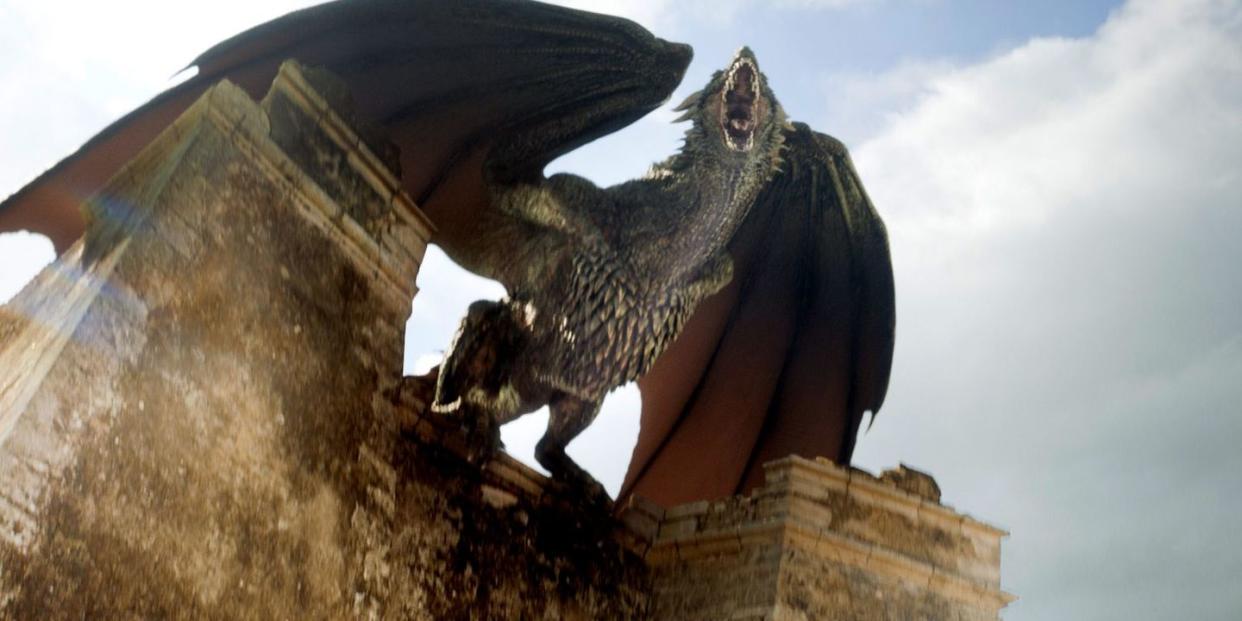
We earn a commission for products purchased through some links in this article.
Note: Contains spoilers for Game of Thrones' last ever episode, 'The Iron Throne'.
Though the words "Prince that was Promised" and/or "Azor Ahai" appeared nowhere in the final ever episode of Game of Thrones, the 95-minute series ender 'The Iron Throne' may actually have delivered on one of the show's longest-running prophecies.
In both George RR Martin's A Song of Ice and Fire novels and the TV series inspired by them, the Prince that was Promised is a prophesied saviour, his or her arrival first foreseen five thousand years ago.
The Prince's role was to save the world from a "darkness", a "long night" that would never end – in Martin's books, the red priestess Melisandre warns that the long night is approaching and will see darkness and cold cover the Earth.
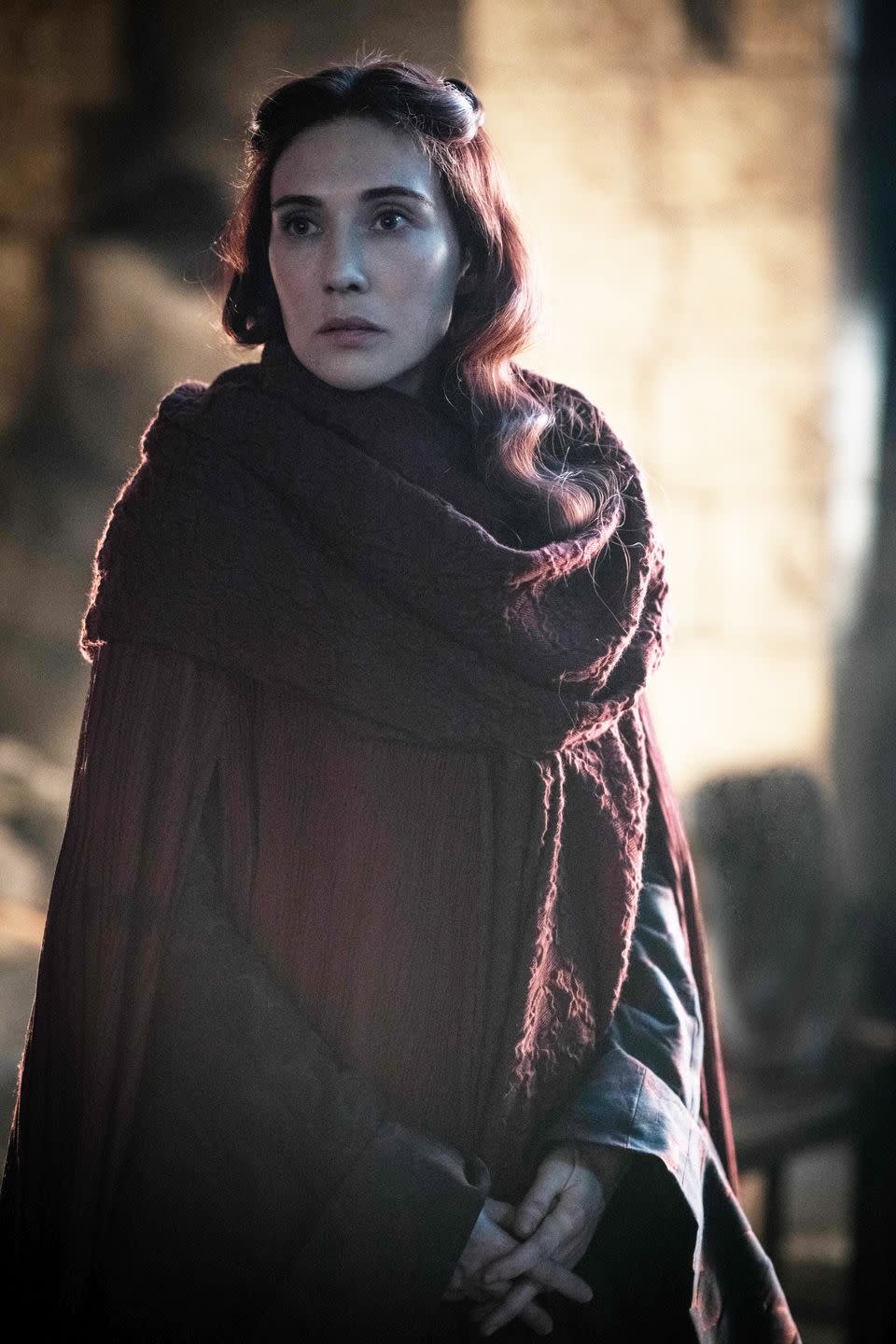
Related: Game of Thrones season 8, episode 6: How the finale brought HBO's epic to a close
According to the prophecy, this darkness was held back once before by a legendary figure known as Azor Ahai, who wielded a sword called Lightbringer to defeat the 'Great Other' – a god of darkness, evil and death.
The Prince that was Promised was to be a reincarnation of Azor Ahai, born again to once more use Lightbringer to thwart the darkness. The prophecy was originally written in High Valyrian: in this ancient language, the word that corresponds to "prince" is gender neutral, meaning that the reincarnated Azor could actually be a man or a woman.
Fans have speculated that everyone from Jaime Lannister to Tyrion to Davos Seaworth to Euron Greyjoy to Drogon could be the Prince that was Promised, but Jon Snow has always been one of the strongest contenders, especially once his resurrection at Melisandre's hands implied the Lord of Light had plans for him.
'The Iron Throne' did see Jon vanquish a "darkness" of sorts, as he was forced to kill Daenerys Targaryen to prevent her from enslaving the world and executing anyone who stood in her way.
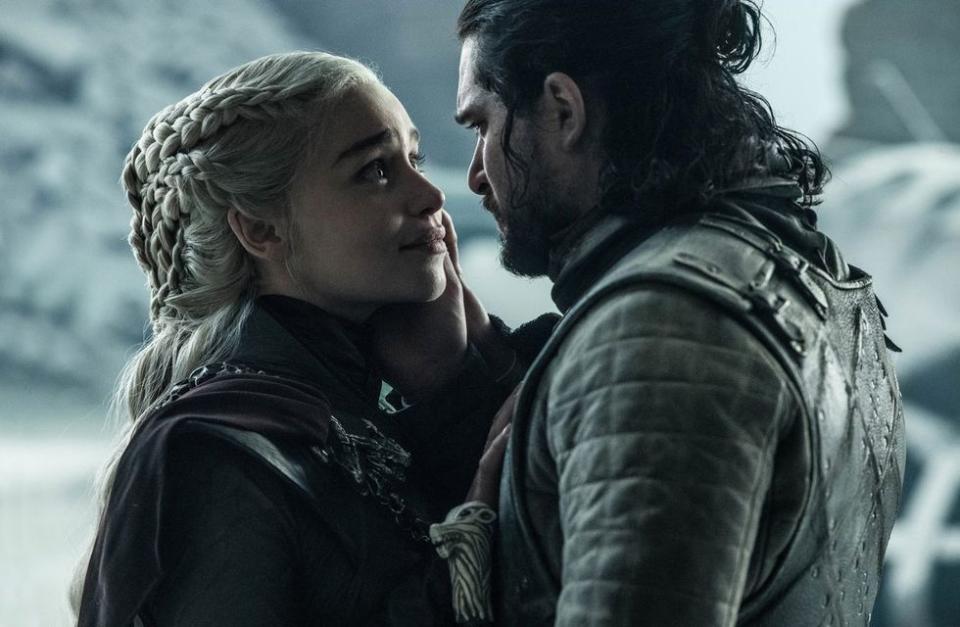
But do the details of the prophecy fit with this interpretation? Well... mostly.
In the third of Martin's seven planned novels, A Storm of Swords, Melisandre states: "When the red star bleeds and the darkness gathers, Azor Ahai shall be born again amidst smoke and salt."
The "red star" was a comet which appeared in the skies over both Westeros and Essos shortly after the outbreak of the War of the Five Kings, back in season two of Game of Thrones.
Though its significance was debated, the wildling woman Osha insisted that it indicated the return of dragons – if Daenerys is "the darkness" and her reign was the prophesied "long night", then it fits that the comet heralded her rise to power as the Mother of Dragons.
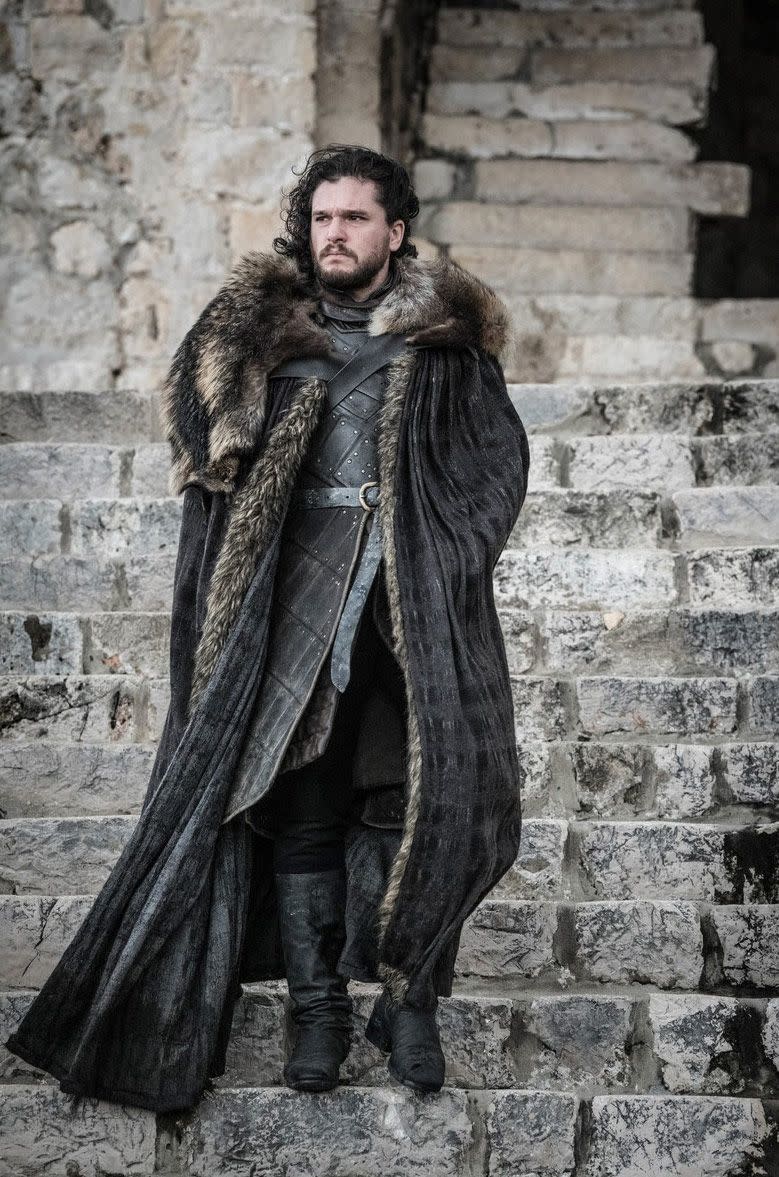
There's a strong argument to be made, also, that Jon Snow was 'reborn' as the people's saviour amid the smoking ruins of King's Landing. (The reference to 'salt' is a little harder to pin down, but possibly refers to the tears shed – including Tyrion's – in the wake of Dany's fiery massacre.)
One interpretation of the prophecy also has it that the Prince would be born from the line of House Targaryen – as the son of Lyanna Stark and Prince Rhaegar Targaryen, Jon once again fits the bill.
Then there's the tragic twist to Azor Ahai's original victory – in order to unleash the true powers of Lightbringer, legend has it that he had to plunge the sword into the (willing) heart of his beloved wife, Nissa Nissa.
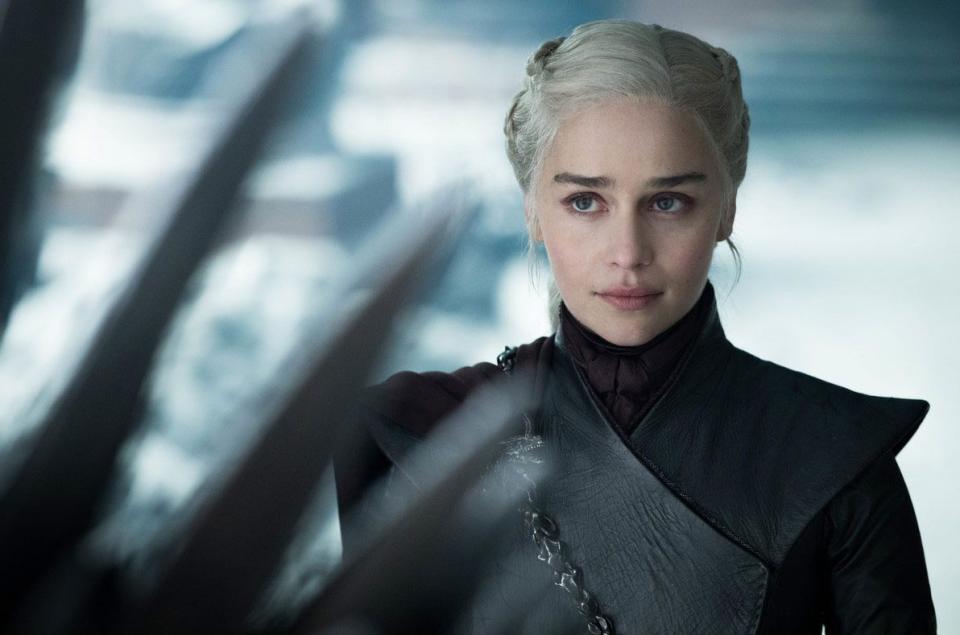
Jon kills Daenerys in identical (though less willing) fashion, shortly after swearing his eternal love for his queen. His weapon of choice might just have been a dagger rather than a mythical sword, but it did emerge from the flames of King's Landing to become a 'light bringer', figuratively if not literally.
Given the surprise early dispatch of the Night King, it makes sense that Daenerys was Game of Thrones' stealth antagonist. The fifth book, A Dance with Dragons, might even feature a veiled warning to his effect: Benerro, High Priest of the Red Temple of Volantis, preaches that "the dark eye" has fallen upon Daenerys, and while this is interpreted by those that hear it as a warning of an approaching outside force, what if this "dark eye" referred to Dany's fragile mental state?
Game of Thrones showrunners David Benioff and Dan 'DB' Weiss have yet to comment on the events of 'The Iron Throne', so possibly there's more clarity to come on this in the days and weeks to come. But in the immediate aftermath, it does appear as though the show did pay off one of its most significant prophecies before the end.
Game of Thrones season 8 airs on HBO in the US and Sky Atlantic and NOW TV in the UK. Tune in to Digital Spy's Game of Thrones livestreams on Monday evenings, straight after each episode, on Instagram and Facebook.
Want up-to-the-minute entertainment news and features? Just hit 'Like' on our Digital Spy Facebook page and 'Follow' on our @digitalspy Instagram and Twitter account.
('You Might Also Like',)

